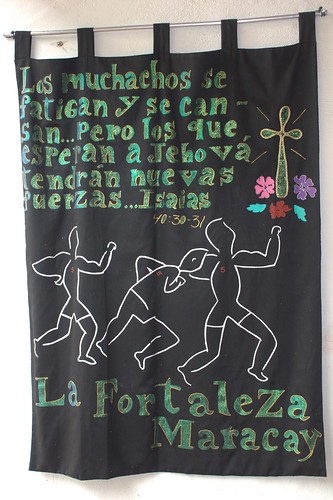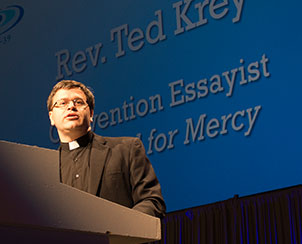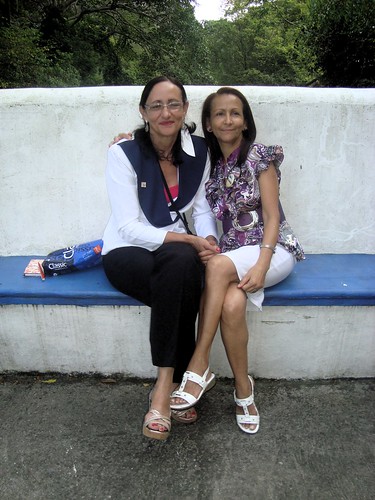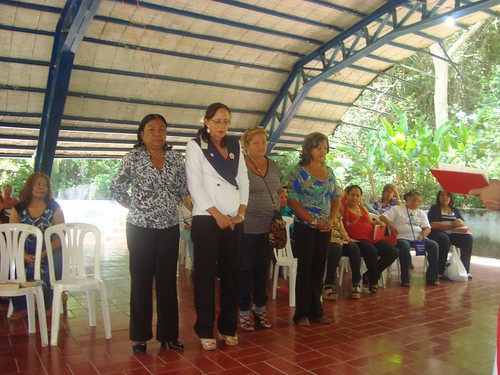 |
| This is where Luz Maria stood in line for 11 hours to buy milk |
This year, however, a pall has fallen over Venezuela as the month of February as protests in the streets have claimed 15 lives and left 150 injured throughout Venezuela. Out of respect for the families of the dead, as well as an additional protest against government policy, 14 cities have suspended Carnaval festivities, including Carupano, where civic observance of Carnaval has been uninterrupted for 50 years.
The current wave of protests began February 12 and have provoked a harsh government crackdown, including tanks and teargas bombs as well as the firing of live ammunition. According to Human Rights Watch, Venezuelan security forces have used excessive and unlawful force against protesters on multiple occasions, including beating detainees and shooting at crowds of unarmed people. The government also has imposed restrictions on travel, and in the state of Tachira, a hotspot of the opposition, suspended the right of citizens to keep and bear arms.
Ironically, one of the protesters' main complaints is the government's failure to stop the rising tide of violent street crime. There was widespread shock throughout the nation last month at the robbery and murder of Monica Spears, a former Miss Venezuela and popular soap opera actress. She and her husband were killed as their five-year-old daughter watched.
 |
| Standing in line for milk. |
The inflation and shortages are the result of government polices that have driven away foreign investment and tourism, and discouraged the growth of home-grown business and industry, while leaving Venezuela more dependent on imported goods than ever before. The situation has reached a crisis point because the suppliers of these imported goods are demanding to be paid in U.S. dollars rather than Venezuelan currency, which is worthless in international markets. Even the Venezuelan government is short on U.S. currency now. Despite its anti-United States rhetoric, the government has relied on the state-owned petroleum industry to generate a steady flow of U.S. currency. however, as a column in Forbes magazine recently pointed out, the United States has been weaning itself away from imported oil, thanks to the development of its own oil shale resources.
On Sunday, February 23, we expected a visit from Pastor Miguelangel Perez of El Paraiso Lutheran Church in Barquisimeto. However, Miguelangel had been visiting La Fortaleza Lutheran Church in Maracay the day before and was unable to leave Maracay by bus because of government restrictions on transport. We threw an early Carnaval costume party for the preschool children on Wednesday, February 26. All schools have been closed until next Thursday because next Wednesday, Ash Wednesday, also is the first anniversary of the death of former Venezuelan president Hugo Chavez.
We have been praying every Sunday for an end to the violence in Venezuela and the restoration of a just civil order, for wisdom and humility on the part of leaders of all parties, and the illumination of the Gospel in the hearts of people in Venezuela and around the world. We ask that you would do the same.











